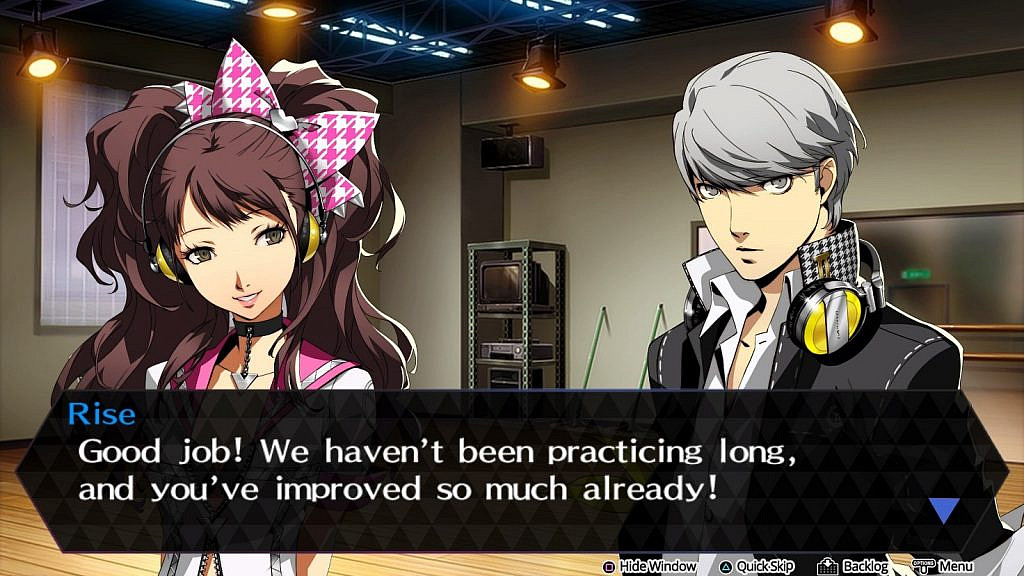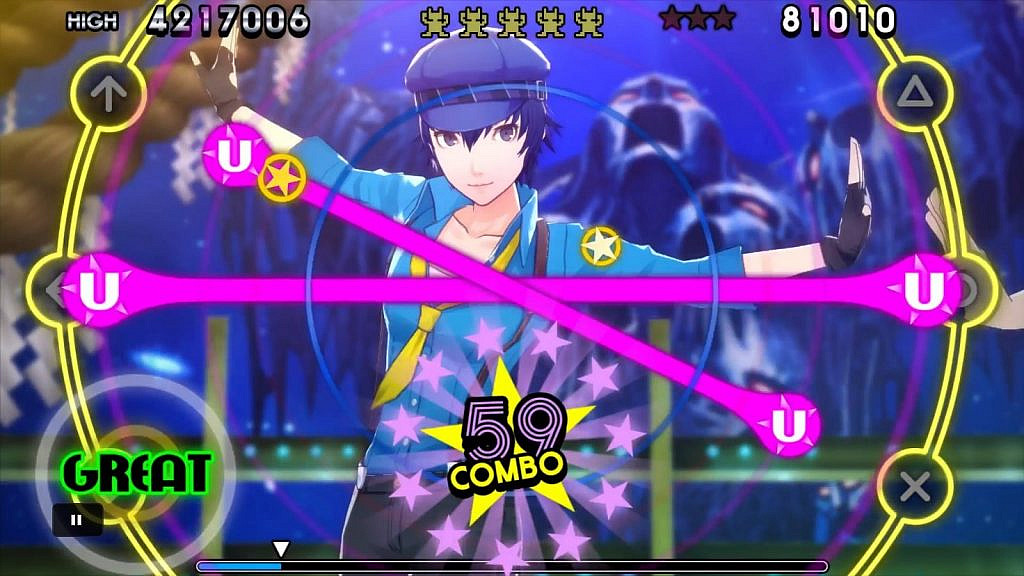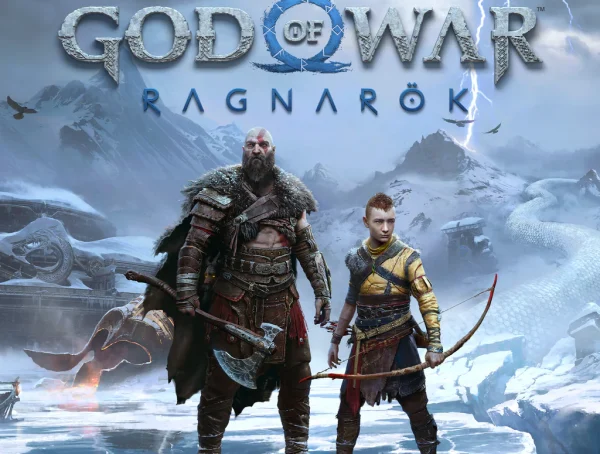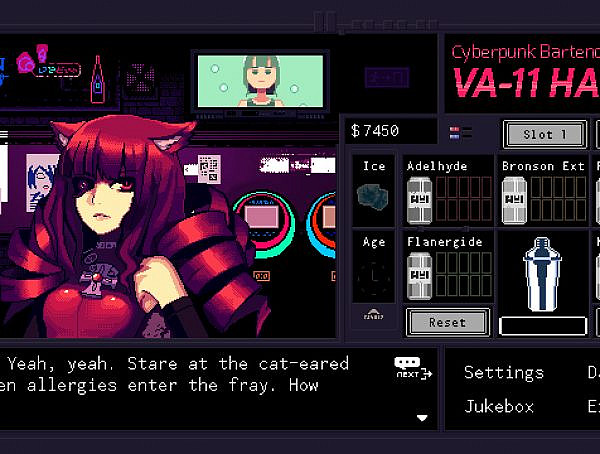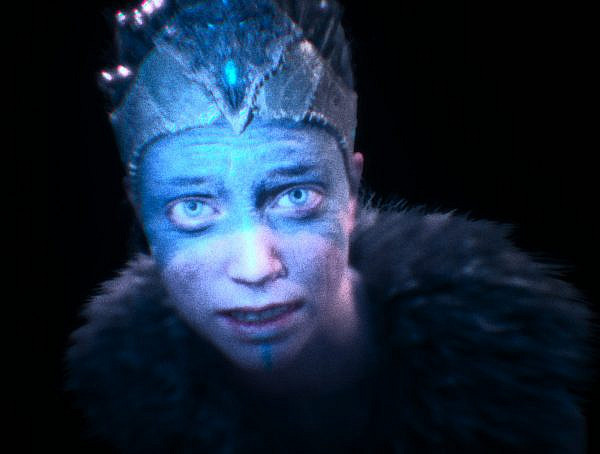Persona 4: Dancing All Night is a dancing spin-off of Persona 4, a fourth entry in the turn-based Japanese role-playing game series Persona, which is developed by Atlus. Persona 4 was originally released in 2008 for PlayStation 2, with an enhanced version Persona 4 Golden released for PlayStation Vita and PC in 2012 and 2020 respectively. It follows a friend group known as The Investigation Team forming bonds with each other and solving a murder mystery. However, in Japan, they like to do various offshoot projects, and Persona as a series is no different. Persona 4 spin-offs include, for instance, two fighting games and a dancing game we’ll be looking at here. The thought about the dancing game might raise concern, but Persona 4: Dancing All Night stays in the rhythm!
A surprising fact is that this spin-off has a canon story, meaning that the story is an official part of the series, and, for instance, characters do not forget its events. After Persona 4, a member of the friend group, Rise Kujikawa, an idol known as Risette, plans to return from hiatus in The Love Meets Bonds Festival, and her friends are going to be background dancers. However, a video of the dead idol appears on the festival website. The rumors state that whoever watches the video gets taken to a different world. The Investigation Team decides to solve the case. The story is simple but effective, as it explains the dancing and new characters. The story is a mix of cutscenes and dialogue screens, but luckily, the gameplay sections break the often long dialogue.
The controls are simple with both sides of the screen having three buttons markers. On the left, there are: Up, left, and down, while on the right, there are: Triangle, square, and x. The notes come from the middle, and buttons have to be pressed in the rhythm when notes are over the markers. Alongside ordinary notes, there are hold notes, where buttons have to be held, dual notes where two buttons have to be pressed simultaneously, and scratch rings, where the player must either move sticks or use a touchpad. The mastery of these controls is required for harder difficulties as the situations get easily hectic, especially if difficulty modifiers such as disappearing notes are used. The buttons markers placement on both sides, however, takes time to get used to if the player’s tv is large. It is no problem if played on PlayStation Vita, the game’s original platform.
The controls are not the only factor to contribute to the fun gameplay. To start, in the Free Dance mode, various things can be changed before starting the song. These include difficulty modifiers but also clothes and accessories, ranging from the original game’s many outfits to retro sunglasses. It is fun to put everything on random and see the results, but the best part is the action itself. Not only are dances and backgrounds fun to watch, but there is also a Fever Time. They are parts in the songs where another character might appear to dance with the primary dancer. It is always fun to see who pops up!
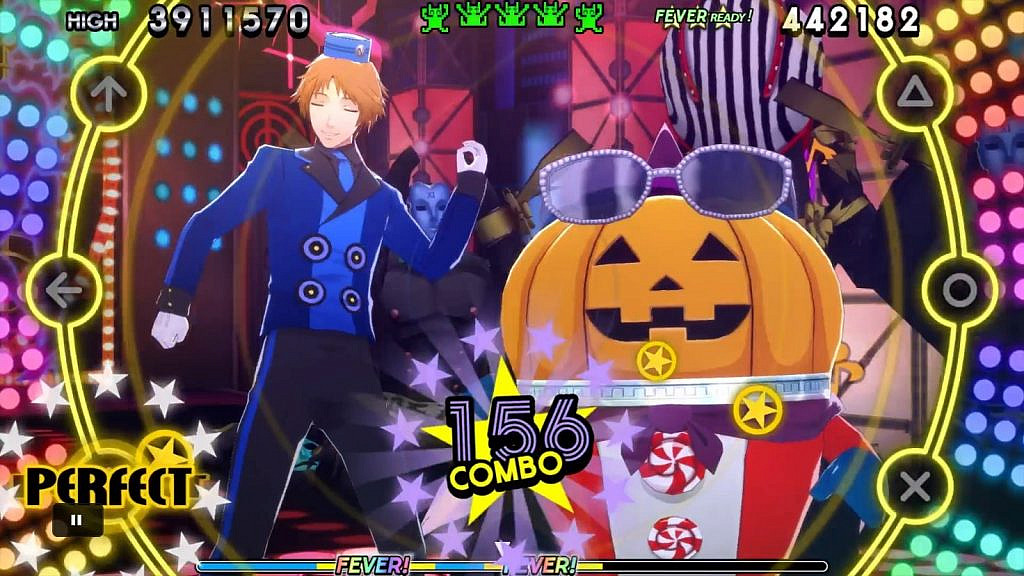
Fever Time partners, alongside putting costumes and accessories to random are some of the highlights of the fun gameplay
A glorious soundtrack tops it all off. It has both original and remix versions of the tracks from the original game, its spin-offs, and even original tracks. I usually don’t like remixes, but none of the songs are bad, and they are also fun to listen to outside of the playing!
Persona 4: Dancing All Night is a fun game with an effective story, simple but hard-to-master controls, fun gameplay, and a glorious soundtrack. I would recommend it to the fans of the rhythm games or the fans of the Persona series. While I recommend playing the original first, it can also be played separately, as the game provides a lot of background information in text form.
Basic info
Publisher: Atlus, Atlus USA, Sega, Bandai Namco Entertainment, Nippon Ichi Software
Developer: Atlus
Platforms: PlayStation Vita, PlayStation 4 (Reviewed on)
Release Date: 6.11.2015 (PlayStation Vita), 4.12.2018 (PlayStation 4) (EU)
Genres: Rhythm, Visual Novel
PEGI: 12
Pictures: screenshots from the game, taken by the author
You might also like
More from Game Reviews
Hellblade: Senua’s Sacrifice – Journey Through Darkness to Hell
A harrowing blend of Norse mythology and mental health issues in a gorgeous package.
Snufkin: Melody of Moominvalley – A Decidedly Unexciting Tune
It's not every day we get a real Moomin game, but is it worth singing praises?
Overwhelmed or puzzled? A Krispee Street review
A mobile game with an interesting take on "Where's Wally" formula








